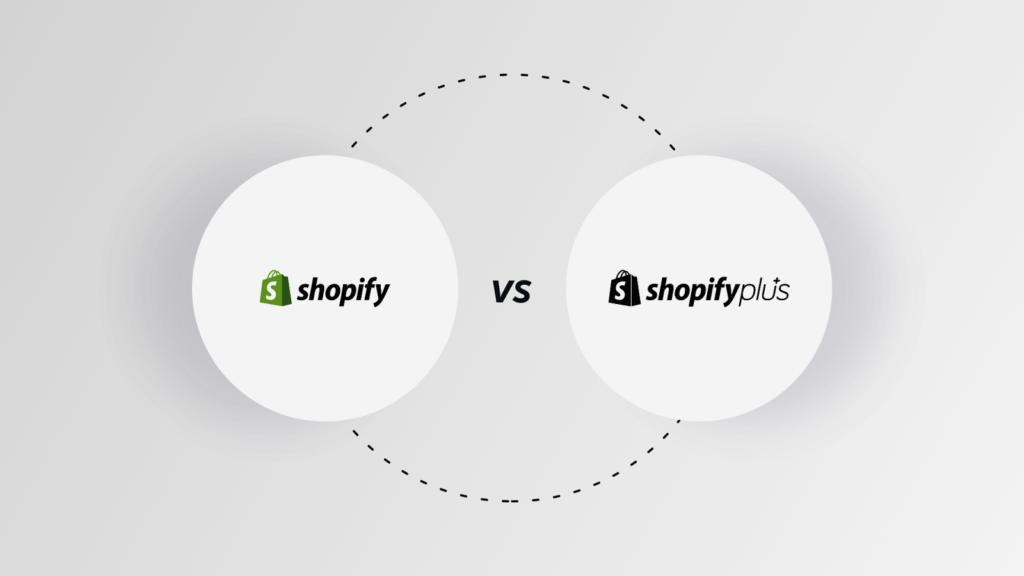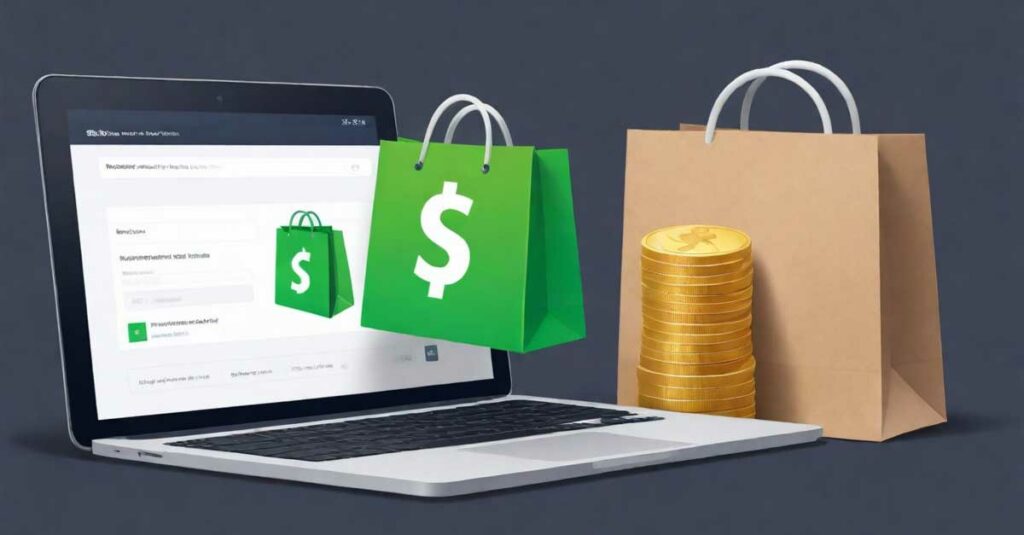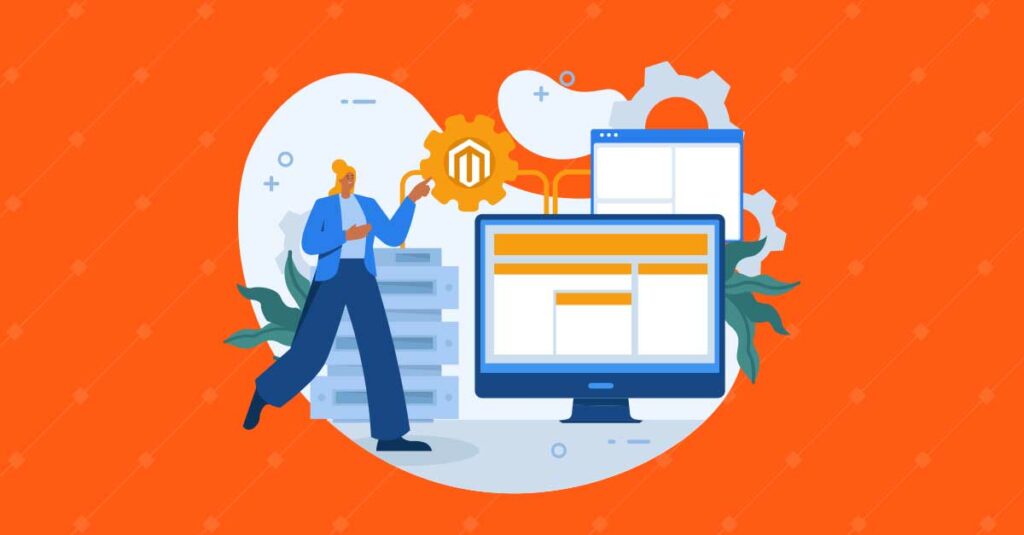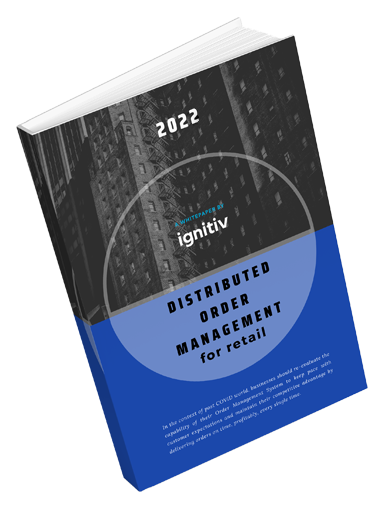B2B eCommerce is one of the fastest-growing eCommerce segments today. In fact in the US alone, Forrester estimates that by 2023 the market for B2B eCommerce will reach a whopping USD 1.8 Trillion. This will be 17% of the total B2B sales expected to happen in the country by that time.
The B2B eCommerce industry has evolved largely because B2B retailers have understood that their target market too has shifted online. A sizeable population of buyers now want a seamless and convenient purchase experience online similar to what B2C eCommerce players offer. Hence B2B players need to follow the example of established B2C eCommerce companies and define a clear path to success for fulfilling the demands of customers who shop online.
The question for B2B companies now is how to remain competitive and sustainable in the long run? How can they stand apart, build great customer experiences, and drive better revenue outcomes?
Let us explore 5 ways for B2B eCommerce companies to achieve eCommerce success.
Personalizing Customer Experience
Personalization is one of the key drivers of success in the B2C eCommerce space. Some studies have shown that nearly 80% of B2B buyers expect the same buying experience as offered by a B2C website.
With the goal of a differentiated customer experience in mind, B2B eCommerce companies must turn to the personalization of their buyer journeys like the targeted personalization available in B2C eCommerce. The selling experience needs to factor in behavioral patterns such as previous purchases, the past volume of sales, preferred price ranges, modes of payments, and much more. Tailoring the purchase journey with a touch of personalization can make the buyer journey a bit simpler and help drive customer loyalty.
7 Changes We Expect to See in the Digital Commerce World in 2022
Knowledge Marketing
While offline sales do still dominate the end of the sales cycle, studies have shown that nearly 74 % of business buyers research online before making an offline purchase. This is an opportunity for eCommerce strategies to tap.
Business buyers often invest based on the ability of the purchase to deliver a lasting impact or value to their business. This is where B2B eCommerce companies leverage knowledge assets and content to showcase that value. Such knowledge marketing can be used to drive eCommerce sales as well as in-store sales. When customers read a blog on a B2B website about a product that solves their need or see a “how to” video, it will help them move ahead in their buying journey by providing them crucial information. This journey culminates in the “Buy now” decision. In such circumstances, if there’s a link to buy online the buyer may make the purchase there rather than going to an offline store. The digital strategies of B2B eCommerce companies must include content that will catch the eye of business buyers at various stages of the buying process and showcase a clear understanding of their challenges.
Seamless Mobile Experience
It is no secret that the internet is the number one source for information of business buyers as illustrated in the previous point. But did you know that 91 % of B2B customers search for a product online from their mobile devices?
B2B eCommerce players need to align their user experience strategies to empower visitors to browse and shop their offerings from their mobile devices. They need to focus on implementing mobile-friendly interfaces, attractive typography, and carefully considered color choices. This focus on user experience might well be a cultural shift for design teams engaged in developing new interfaces for B2B product pages, but it’s an essential shift.
Omnichannel Strategy
B2B eCommerce is poised to grow to record levels in the coming years, but that doesn’t detract from the continuing importance of physical sales channels.
B2B companies must focus on offering a blended omnichannel strategy that delivers consistent experiences for shoppers at both online and offline stores. Buyers hopping from online to offline and vice versa depending on their convenience shouldn’t encounter different levels of purchase experience as it will create a negative impact on the business. B2B companies will have to leverage data to get a deep understanding of their customers to empower consistent omnichannel experiences.
Turn Data into Action
Taking forward the point about leveraging data, it’s fair to say that data can impact all other strategies that address eCommerce success and, in fact, can apply to the entire business.
2B eCommerce companies need to embrace capabilities like Big Data Analytics and AI to generate valuable insights across their business. From knowing how well your supply chain is equipped to handle spikes in sales to determining the best product to stock for a season, these revolutionary digital tools and platforms can make a critical contribution to B2B eCommerce success in the coming years.
B2B eCommerce is awash with opportunities for companies to leverage technology and digital skills and deliver superior buying experiences for their customers. Just like with B2C eCommerce, first movers often have the advantage, but it requires a well-thought-out strategic planning and execution framework to make the most of the waiting opportunity. Once this is in place, the above tips can help organizations remain sustainable and successful.








